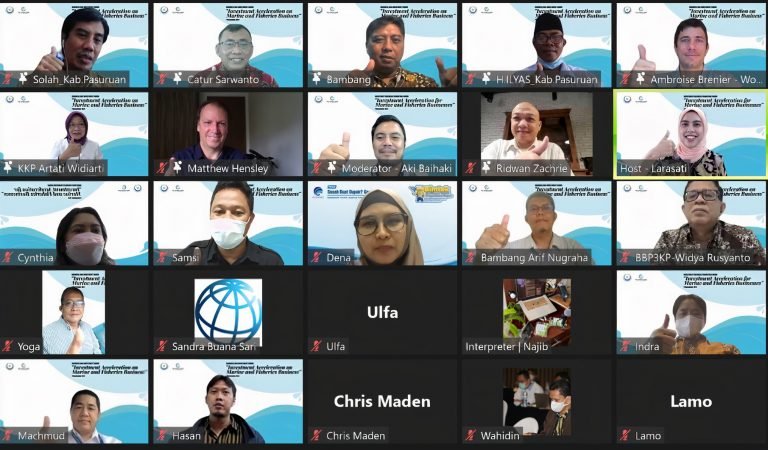
Written by Nino Saununu, SH.
An article about Real Estate Investment in Bali by Terje H. Nilsen in May, provided some ideas on how you can invest in Indonesia. Here are some more details on this based around Indonesian Law.
If you’re an expat and you’ve been advised to use something called a “Nominee Agreement” to invest in Indonesia, you need to know why we don’t recommend doing so.
Here’s why you should avoid the Nominee Agreement practice:
It’s against the Agrarian Law
If you intend to buy land/property in Indonesia, be aware that under Indonesian Agrarian Law as stipulated on Article 21, Section (1) and Article 26, Section (2) of Act No. 5 of 1960, foreigners are forbidden to own land/property under the Freehold Right (gronds verponding verbood), and Indonesians are forbidden to transfer their Freehold rights to foreigners.
This Agrarian Law specifically determines that foreigners are only entitled to the Right to Use (Hak Pakai) that is regulated by Government Regulation No. 103 of 2015 (PP. No. 103 of 2015), which stipulates the validity of the first period of ownership as being up to 30-years, and then can be extended for 20-years, and later can be renewed for another 30-years.
Nominee Agreements became a common practice in Bali because foreigners associated it with a nominee practice that’s very common in western countries and that it was being legally acceptable.
In fact, this practice is not legally accepted in Indonesia.
The way it works is that nominees are used by foreigners to be able to control land by borrowing the name of an Indonesian citizen through a Nominee Agreement. This is made with an underhanded deed between the Indonesian citizen and the foreigner, which supposedly registers land ownership rights in the name of an Indonesian citizen appointed as nominee.
It’s against Investment Law and Private Limited Company Law
If you plan to start a business in Indonesia then you have to abide by the laws as stipulated in the Act No. 25 of 2007 about Investment, and Act No. 40 of 2007 about Private Limited Companies.
Both laws clearly forbid the nominee arrangement practice.
Article 33, Sections 1 and 2, Act No. 25 Year 2007, mentions sanctions on nominee arrangements that have been used for some time in Indonesia, as follows:
Domestic investors and foreign investors who conduct investment in the form of capital sharing are forbidden in setting an agreement to allow another party to hold a share in a Limited Private Company for, and on behalf of, someone’s name;
Who’s the legal owner?
In cases of a domestic investor and a foreign investor making such agreements as stated in section (1), the agreement and or the statement are forfeited by the law.
When an Indonesian’s name is used as the owner of a property, or as a shareholder of a business in Indonesia, the nominee is considered as the legal owner of the said property/shareholder. Article 48 Section 1 Act 40, 2007, states that “Company shares are issued under the name of the owner.”
This means that, although the counter document is made in the form of Statement Deed or similar, that the Indonesian is only acting as the Legal Owner on behalf of the foreigner, only the Indonesian’s rights are accepted by Indonesian Law, as defined by Article 33, Section 2.
Shareholder Ownership
According to Indonesian Law, there isn’t yet a specific regulation that governs the Nominee Agreement practice, although this scenario has been frequently utilized by foreigners Investing. Referring to Article 33, Sections 1 and 2, the rule is only applied in Shareholder Ownership.
Although, there are no such rules governing Nominee Agreement practices in Land/Property Ownership as such, this could be one of the ways to sort out the deadlock involving foreigners investing in Indonesia.
This would be especially relevant to those who intend to run a business here but have no interest in setting up a Foreign Investment LLC, as extra care is needed prior to getting into this scenario to avoid unnecessary problems in the future The same thing also applies if you intend to buy Property/Land in Indonesia as a result of recent issues around the implications of the nominee practice when it comes to the law.
As Indonesian Agrarian Law clearly provides protection to its citizens in owning Land/Property, on the surface it might be seen as a proper and legally binding contract between an investor and a nominee, but when it comes to disputes, under Indonesian Law, the Foreign Owners/Investors would be the ones who would lose, because the law doesn’t allow for this kind of practice.
This means, the nominee would be entitled to the land/property when the court is involved.
Another crucial thing to consider is if one day the nominee passes away.
In these cases according to the law, all land/property would be inherited by their heirs. The Nominee’s Statement cannot be applied without the consent of all heirs made in front of a Public Notary. Problems would then arise if the heirs don’t want to sign the consent.
Using an underage person (under 17-years old is considered under age in Indonesia) as a Nominee to own property, requires a guardian’s consent and also the District Courts’ verdict. Both require money and take time.
All of this needs to be taken into consideration before deciding to go with a Nominee Agreement when you want to purchase Land/Property.
Please feel free to let me know what you think or if you have any questions around this topic, and I look forward to hearing from you!
Send an email to legal@sevenstonesindonesia.com
Harcourts Seven Stones is a property company headquartered in Bali, Indonesia, with a mission to help people who are interested in buying and selling residential and commercial real estate.
If you’re thinking about property, ROI, capital gains or lifestyle investments in Bali, Jakarta, Surabaya, and Indonesian’s Eastern Islands and need some friendly advice and guidance then why not email hello@sevenstonesindonesia.com or check out Seven Stones Website | Seven Stones Linkedin | Seven Stones Facebook


















